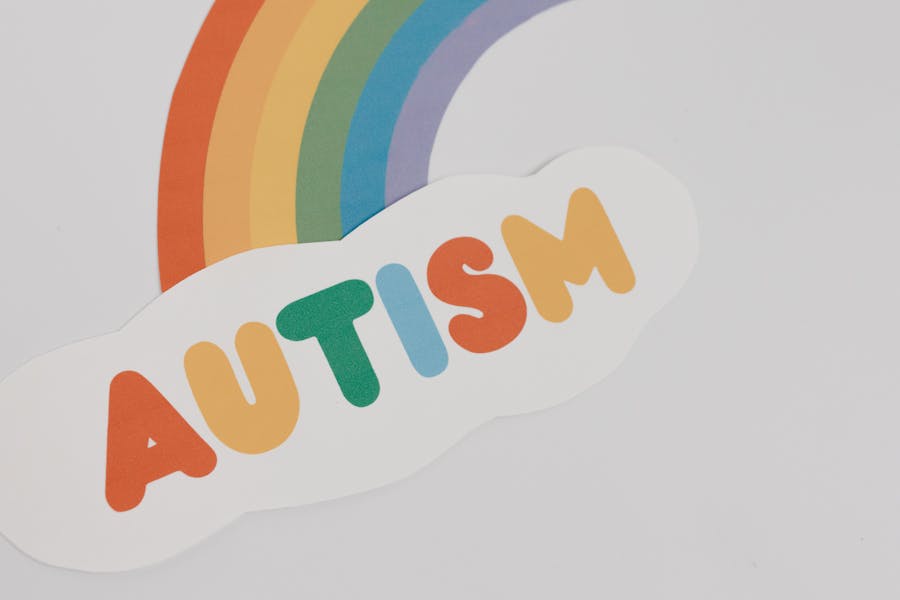“Is Ron Desantis autistic?” has sparked numerous debates and discussions online. People often wonder if his personality traits or behavior point towards an autism spectrum disorder (ASD). While there is no formal diagnosis, it is essential to understand what autism truly means and how it can be perceived through various behaviors. This article aims to provide a comprehensive overview of the topic by examining the common signs of autism, exploring Ron Desantis’ public persona, and evaluating the credibility of the claims. Understanding autism is crucial in differentiating between speculation and reality, ensuring informed and respectful discussions. In this article, we’ll answer questions like “What is autism?”, “What are the common signs of autism?” and “Is Ron Desantis autistic?” Read on to delve deeper into these questions and more.
Is Ron Desantis autistic?
There is no official evidence or diagnosis that suggests Ron Desantis is autistic. Autism spectrum disorder (ASD) is a developmental condition that affects social interaction, communication, and behavior. While some individuals may speculate about their behavior or communication style, it’s important not to label or diagnose someone without proper medical evaluation.
Understanding Autism and its Characteristics
Autism spectrum disorder (ASD) is a developmental condition that affects individuals in various ways. The symptoms can range from mild to severe, and each person with autism may present different characteristics. People with ASD often have difficulties in social interactions, prefer routines, and may show repetitive behaviors. However, these traits alone are not sufficient to diagnose someone with autism.
ASD affects an individual’s ability to communicate and interact with others. People on the spectrum may struggle to interpret social cues, maintain eye contact, or engage in reciprocal conversations. Despite these challenges, many individuals with autism lead successful lives and contribute significantly to society. Autism is a spectrum, which means that it can manifest in diverse ways across different individuals.
When considering whether someone might be autistic, it is essential to observe a combination of traits rather than focusing on isolated behaviors. For instance, a preference for routine or a direct communication style does not necessarily indicate autism. Therefore, speculation based on superficial traits can lead to misunderstandings and misconceptions.
Ron Desantis’ personality and communication style have led some people to question whether he might be on the autism spectrum. However, it’s crucial to remember that a formal diagnosis should only be made by healthcare professionals. Misinterpreting someone’s mannerisms or behavior can perpetuate stigma and misinformation about autism.
Speculations about Ron Desantis and Autism
Why Do People Think Ron Desantis Might Be Autistic?
The speculation surrounding Ron Desantis’ potential autism is often fueled by his demeanor, communication style, and decision-making process. He is known for being direct and precise, traits that some associate with the autism spectrum. Additionally, his preference for sticking to policies and rules has led to assumptions about a potential neurodiverse condition.
Analyzing Behavioral Traits Associated with Autism
Traits such as avoiding eye contact, having a monotone voice, or being highly detail-oriented are sometimes seen in people with autism. These characteristics, however, are not exclusive to ASD and can be observed in neurotypical individuals as well. It is important to distinguish between behaviors that indicate a developmental condition and personal quirks or habits.
The Importance of a Medical Diagnosis
Diagnosing autism requires a thorough evaluation by healthcare professionals, which includes assessing communication skills, social interactions, and behavioral patterns over time. Speculating on someone’s mental health or neurological condition without proper assessment is not only unethical but can also lead to misinformation and stigma.
Ron Desantis’ Public Persona and Public Perception
Ron Desantis is known for his straightforward approach, which can sometimes be interpreted as lacking empathy or social finesse. This perception, however, does not provide sufficient grounds to conclude that he has autism. Public figures often have a controlled persona, which may not reflect their true personality or neurological condition.
What Experts Say About Such Speculations
Mental health professionals advise against making assumptions about a person’s mental or neurological health based on their public persona. Without a comprehensive evaluation, it is impossible to determine if someone is autistic based on their appearance or public behavior.
Characteristics of Autism Explained
- Social Interaction Challenges: People with autism may find it challenging to engage in social interactions, interpret body language, or understand humor and sarcasm.
- Communication Differences: Autism can affect verbal and non-verbal communication, making it difficult for individuals to express their thoughts or understand others.
- Repetitive Behaviors: Many individuals with autism engage in repetitive movements or have a deep interest in specific topics.
- Preference for Routine: People with autism often prefer routine and may struggle with changes in their environment or schedule.
- Sensory Sensitivity: Some individuals with autism have heightened sensitivity to sounds, lights, or textures.
How to Approach Discussions on Autism Sensitively?
When discussing whether a public figure, such as Ron Desantis, may be autistic, it is essential to approach the topic with sensitivity and respect. Autism is a complex condition that requires a nuanced understanding. Avoiding labels and focusing on verified information ensures that discussions remain factual and considerate.
Instead of speculating, it is more beneficial to spread awareness about autism and promote acceptance and inclusion. Highlighting the strengths and capabilities of people with autism rather than focusing on perceived limitations is a more constructive approach.
Misconceptions about autism can lead to discrimination and social stigma. Therefore, conversations about autism should aim to educate and inform rather than judge or label individuals.
Conclusion
Speculating whether someone is autistic without credible evidence or diagnosis can perpetuate stereotypes and misconceptions. Autism is a complex condition, and discussing it with sensitivity and factual information is crucial. Rather than focusing on whether Ron Desantis is autistic, the conversation should aim to promote awareness and understanding of autism in general.
